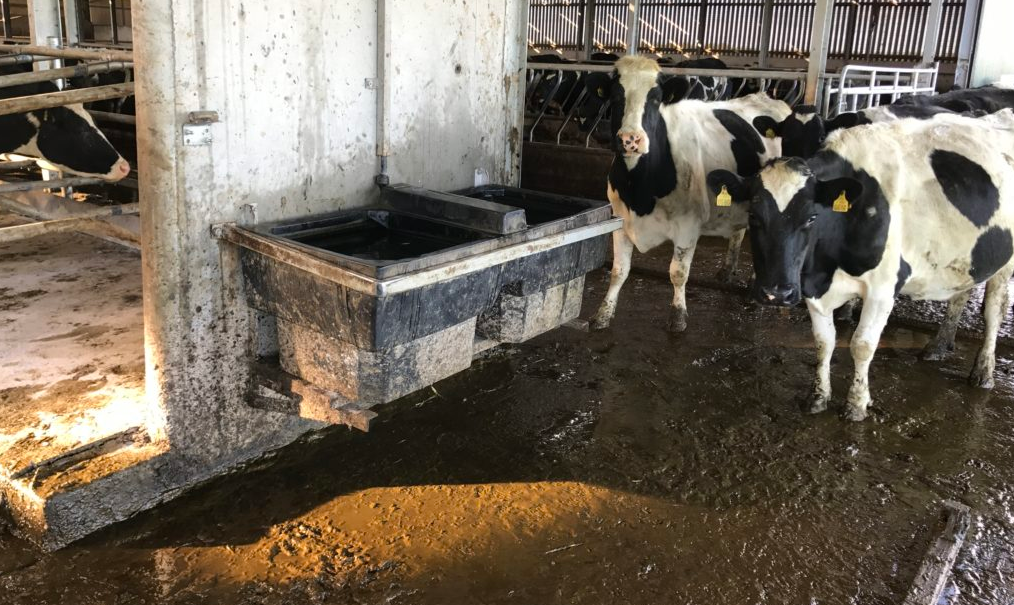The Department of Agriculture, Food and the Marine (DAFM) has confirmed that it is set to ramp up the number of on–farm nitrates compliance inspections carried out this year.
Inspections are currently ongoing and the department is aiming to carry out 500 nitrates inspections on farms across Ireland in 2023.
In a statement to Agriland, the DAFM said: “The number of nitrates inspections this year is higher than in 2022 because the DAFM did not undertake any nitrates inspections on behalf of the Local Authorities in 2022.
“The Local Authorities are the responsible authority under the Good Agricultural Practice (Protection of Water) Regulations also known as the nitrates regulations.
“The DAFM, on behalf of the local authorities carries out farm inspections to assist the Local Authorities with the implementation of these regulations.
“These DAFM inspections are currently on-going. An agreed inspection protocol exists between DAFM and the Local Authorities.
“As part of this protocol, DAFM is aiming to carry out approximately 500 farm inspections in 2023.
“To reduce duplication of farm inspections, DAFM and the Local Authorities exchange information as provided under the nitrates Regulations.”
This news of increased inspections comes as a number of significant changes to nitrates compliance regulations have come into effect this year.
Farmers who are found to be in breach of these regulations will face penalties to their direct payment ranging from 3% to 100% depending on the severity of the breach.
All of these farm inspections will be linked to Nitrates/Statutory Management Requirements (SMR) 2 requirements.
Area of focus for inspections
The department explained the prime areas of focus for these inspections and the penalties for farms that are found to be in breach.
The DAFM statement said: “Typically, these inspections will assess compliance with the collection, management and application of nitrogen and phosphorus containing substances (organic forms and manufactured fertilisers), as well as assessing compliance with other on-farm requirements designed to reduce or prevent nutrient loss to the water environment.
“Where it has been determined that the farmer has not complied with the requirements (‘non-intentional’ non-compliance) a 3% sanction may be imposed on the farmer’s direct payments.
“However, depending on the extent, severity and permanence of the non-compliance the sanction may be reduced to 1% or increased up to 10%.
“Where the breach is more serious in nature and determined as ‘Intent’ a reduction of 15% is applied but can be increased up to 100%.”
